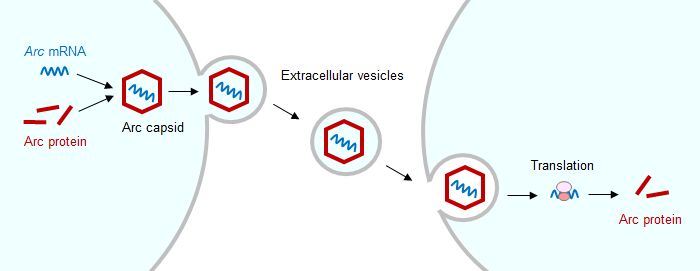Viral-like capsids, new trans-synaptic mRNA transport mechanism
Viral-like capsids, new trans-synaptic mRNA transport mechanism
|
Activity-regulated cytoskeleton-associated protein (Arc/Arg3.1) is required for synaptic plasticity and memory consolidation. Dysfunctions in Arc protein production are implicate in various neurological conditions including amnesia, autism, and schizophrenia. Arc mRNA is rapidly transcribed and trafficked into dendrites and activated synapses in a neuronal activity dependent manner. |
|
|
In recent issue of Cell journal, two groups show that Arc retains retroviral-like capsid-forming ability and can transmit mRNA between cells in the nervous system. Ashley et al. and Pastuzyn et al. found that Arc protein binds Arc mRNA and forms virus-like capsids which are transferred from neurons into target cells via extracellular vesicles in Drosophila and mice respectively. Ashley et al. reported that disrupting transfer of Arc-capsid structure blocks synaptic plasticity. Pastuzyn et al. showed that the transferred Arc mRNA can undergo activity-dependent translation in the target cells. Their results point to a surprising trans-synaptic mRNA transport mechanism involving retrovirus-like capsids and extracellular vesicles. arigo understands quality antibodies are essential for the characterization and functional studies of Arc-capsid structure. We are proud to introduce the Arc / Arg3.1 antibody (ARG56507) that is good for WB and IP in human and mouse samples. Moreover, arigo offers quality antibodies against Arc-related proteins to facilitate Arc studies. |
| Arc/Arg3.1 antibody (ARG56507) |
PSD95 antibody [6G6] (ARG20545) |
GluR1 antibody [S355-1] (ARG22247) |
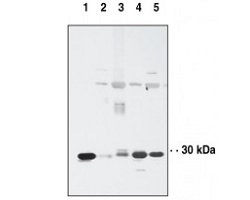 |
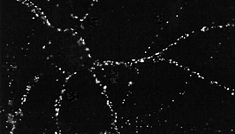 |
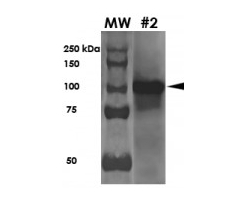 |
c-Fos antibody (ARG10733) |
Calbindin antibody[5A9] (ARG10702) |
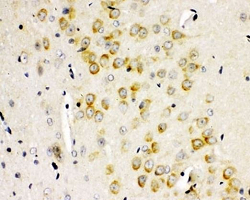 |
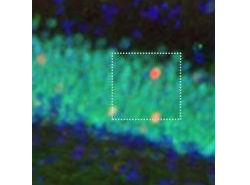 |
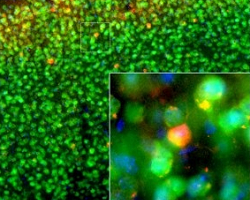 |
|
|
